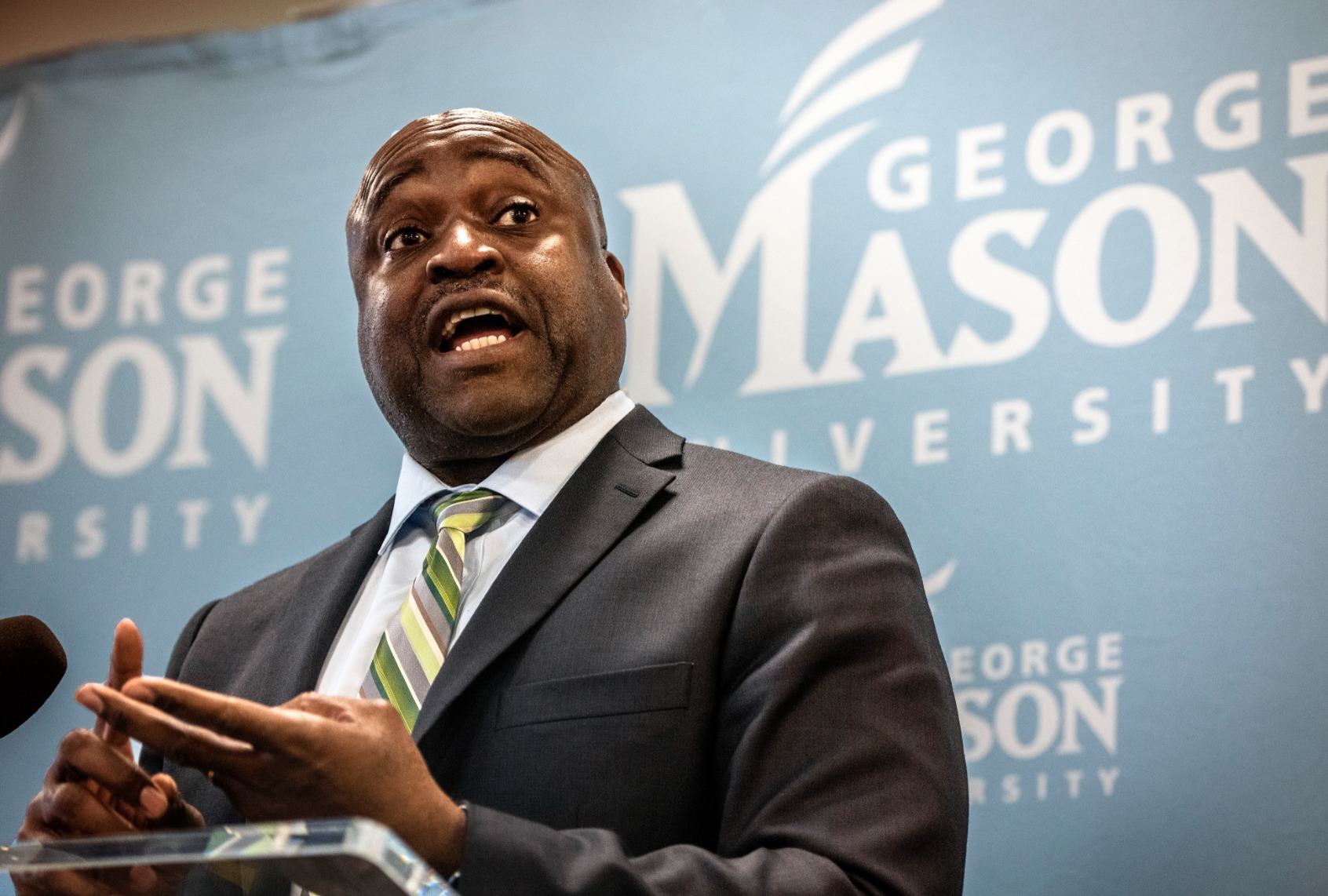In recent years, the ongoing debate around legacy admissions at prestigious universities has garnered increased scrutiny. While legacy preferences have long been a part of the college admissions process, a growing trend has emerged in which some institutions are extending these privileges to spouses of alumni as well. This development raises important questions about privilege, fairness, and equity in higher education. By examining the intersection of legacy admissions and spousal preferences, we can better understand the broader implications for social mobility and access to elite educational opportunities.
Legacy Admissions: A Longstanding Tradition
Legacy admissions, the practice of favoring applicants with familial ties to alumni, have been a hallmark of selective universities for decades. Initially introduced as a way to reward loyal alumni and maintain strong connections with their donor base, legacy preferences have increasingly been criticized for perpetuating inequalities in the admissions process.
Critics argue that legacy admissions disproportionately benefit students from wealthier, predominantly white families, thus reinforcing cycles of privilege. These students, already equipped with financial advantages, gain an additional edge over applicants without such connections, exacerbating the barriers faced by underrepresented groups in higher education.
Spousal Preferences: The New Frontier of Legacy Admissions
The inclusion of spouses in legacy admissions is a relatively new development that amplifies concerns about equity in higher education. While the specific practices vary between institutions, the general trend involves offering preference to applicants who are married to alumni, thereby extending legacy considerations beyond the traditional parent-child relationship.
At first glance, this practice may seem like a minor expansion of legacy admissions. However, its impact on the admissions process can be significant. By prioritizing applicants with alumni spouses, universities may be deepening the advantage already enjoyed by wealthy, well-connected families, who can now leverage not just their children’s history with the institution, but also their spouses’ connections.
The Ethical Dilemma
The introduction of spousal preferences in admissions brings forth a complex ethical dilemma. While supporters of legacy admissions argue that such policies help maintain the university’s traditions and foster a sense of community, opponents contend that they undermine the principles of meritocracy and equal opportunity.
Moreover, when spousal preferences are factored in, the practice seems to reward not just family ties but also social and economic privilege. In many cases, spouses of alumni are themselves from elite backgrounds and may have access to resources that further enhance their children’s chances of admission. This creates a feedback loop where privilege compounds, perpetuating a cycle that increasingly favors the wealthy and well-connected.
The Impact on Equity in Higher Education
To understand the true impact of legacy and spousal admissions, it’s crucial to examine the broader context of higher education equity. The disparity in access to elite universities is a well-documented issue, with students from marginalized communities facing significant barriers in terms of both application success and financial aid.
- Financial Barriers: The cost of tuition, even at institutions that offer significant financial aid, remains a major hurdle for many first-generation and low-income students.
- Underrepresentation: Minorities, particularly Black and Hispanic students, remain underrepresented at many top-tier universities, in part due to systemic factors that limit their opportunities from a young age.
- Admission Advantage: Legacy preferences, including spousal admissions, further tilt the playing field in favor of students from more privileged backgrounds, exacerbating the imbalance in who gets access to higher education.
When universities prioritize legacy and spousal connections over a purely merit-based system, the likelihood that underrepresented students will gain admission diminishes. This perpetuates existing inequalities, as students without such privileges may be more likely to attend less selective institutions, which can limit their long-term career prospects and social mobility.
The Role of Alumni Networks
One of the key motivations behind legacy admissions is the desire to maintain strong alumni networks. Alumni donations often fund scholarships, campus initiatives, and even faculty positions, making them a crucial part of a university’s financial ecosystem. However, when these donations are tied to the ability to favor alumni (and their spouses) in admissions, it raises concerns about the fairness of the process.
Some universities have defended legacy admissions by arguing that they help sustain alumni engagement and ensure long-term financial support. Yet, in recent years, public pressure has been mounting for universities to reconsider their reliance on such practices. In response to the increasing demand for transparency and equity, some institutions have taken steps to reduce or eliminate legacy preferences altogether.
Legal and Social Implications
The expansion of legacy admissions to include spouses could also have legal implications, especially in the context of anti-discrimination laws. If such practices disproportionately favor a certain demographic, they could potentially be challenged in court on the grounds of discrimination. While legacy admissions themselves have not faced significant legal challenges, the addition of spousal preferences could prompt legal scrutiny if it is seen as exacerbating inequities.
On the social front, the discussion about legacy and spousal admissions is part of a broader conversation about fairness in education and the role of privilege in shaping students’ futures. Critics argue that by extending legacy preferences to spouses, universities are further entrenching existing social hierarchies and limiting opportunities for those who do not have such connections.
Possible Reforms and Alternatives
As pressure builds for universities to adopt more equitable admissions policies, several reforms and alternatives to legacy and spousal preferences have been proposed. These include:
- Need-Blind Admissions: A move toward need-blind admissions, where financial status and familial ties are not considered, would make the process more meritocratic and inclusive.
- Holistic Review: Universities could adopt more comprehensive admissions processes that focus on a broader range of factors, including personal achievements, community service, and leadership, rather than privileging familial connections.
- Randomized Selection: Some have suggested implementing randomized lottery systems for a portion of the class to reduce the influence of legacy status altogether.
- Affirmative Action: Expanding affirmative action programs could help ensure that underrepresented groups are more fairly represented in higher education.
Each of these reforms comes with its own set of challenges and potential consequences, but collectively they represent a move toward greater fairness in university admissions.
Conclusion: A Call for Change
As the practice of legacy admissions evolves to include spouses, it is clear that the debate over equity in higher education is far from settled. While some argue that legacy preferences are an important part of maintaining alumni ties and institutional traditions, the growing awareness of their impact on social mobility and fairness cannot be ignored.
Moving forward, universities must critically examine the role that legacy and spousal admissions play in perpetuating privilege and inequality. Whether through legal challenges, public pressure, or institutional reforms, there is an urgent need for change in how higher education institutions approach admissions. The future of higher education should be one where merit, not legacy or familial connections, determines a student’s chance to succeed.
For more information on equity in higher education and current admissions policies, visit The Guardian’s coverage on legacy admissions reform.
See more TED Talks World



